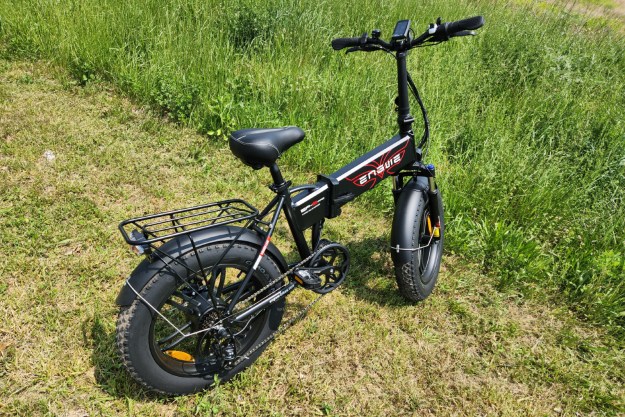
For his AltitudeOmics, study, Roach and his team recruited 20 young people, brought them to Bolivia and dropped them on the summit of Mount Chacaltaya, a 5421-meter peak in the Andes. For two weeks, participants were asked to complete a challenging 3.2-kilometer climb daily. At first, participants struggled to finish the climb, but each day they were stronger and faster. By the end of the two weeks, everyone could finally complete the hike.
“[It] was the hardest thing I have ever done,” said study participant and University of Oregon freshman Lauren Earthman to Science.
The volunteers then left the mountains for a week and went back to lower elevation living. When they returned to the Andes for the second half of the study, Roach discovered the participants still could climb the 3.2-kilometer hill, even though they had been away from the hypoxic conditions at high elevations. This observation mirrors previous reports from high-altitude hikers, military personnel, and others who noticed they acclimated quickly and retained this level of performance for an extended period.
This effect was not just evident in external performance; it also was observed internally at a physiological level. Looking closely at each participant’s hemoglobin, the oxygen-carrying protein present in red blood cells, Roach discovered that the volunteer’s red blood cells (RBC) had changed in a way that allowed the hemoglobin to hold more tightly onto the available oxygen. These changes happened almost overnight once the volunteers reached the higher altitudes. Because the red blood cells have a lifespan of 120 days, these changes persisted even when a person descended off the mountain.
Roach is hopeful these findings may enable new treatments for patients suffering from low oxygen due to cancer, anemia, and other systemic problems. Being able to supercharge the hemoglobin not only helps the chronically ill, but it also is useful in an emergency situation and may be a life-saving technique for trauma victims. These results are not only life-saving in their application, but they also may be used to solve the problem of high altitude sickness. Such a treatment would be welcome news for tourism officials in areas like the Rockies, where the high altitude often causes visitors to get sick.




